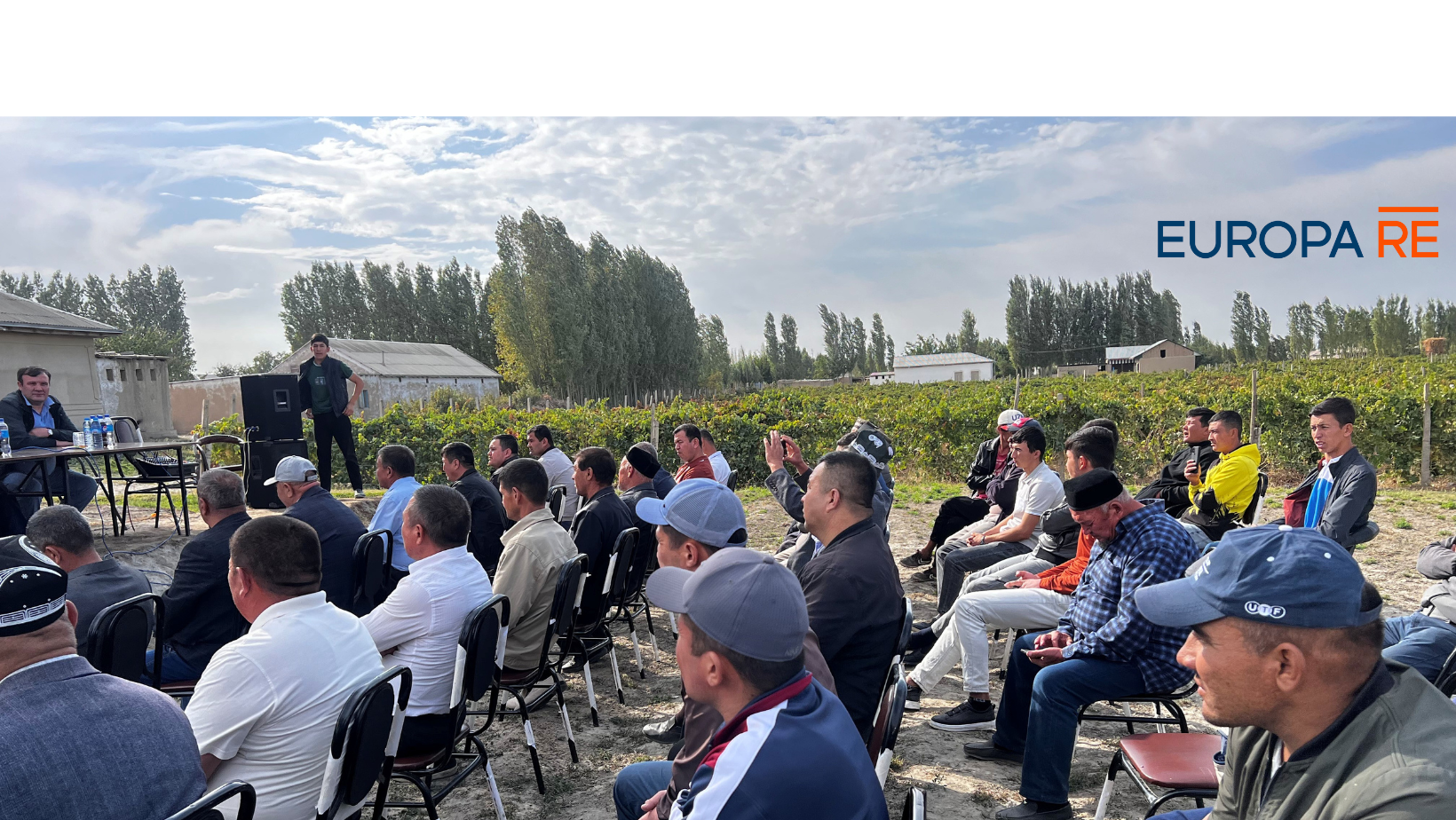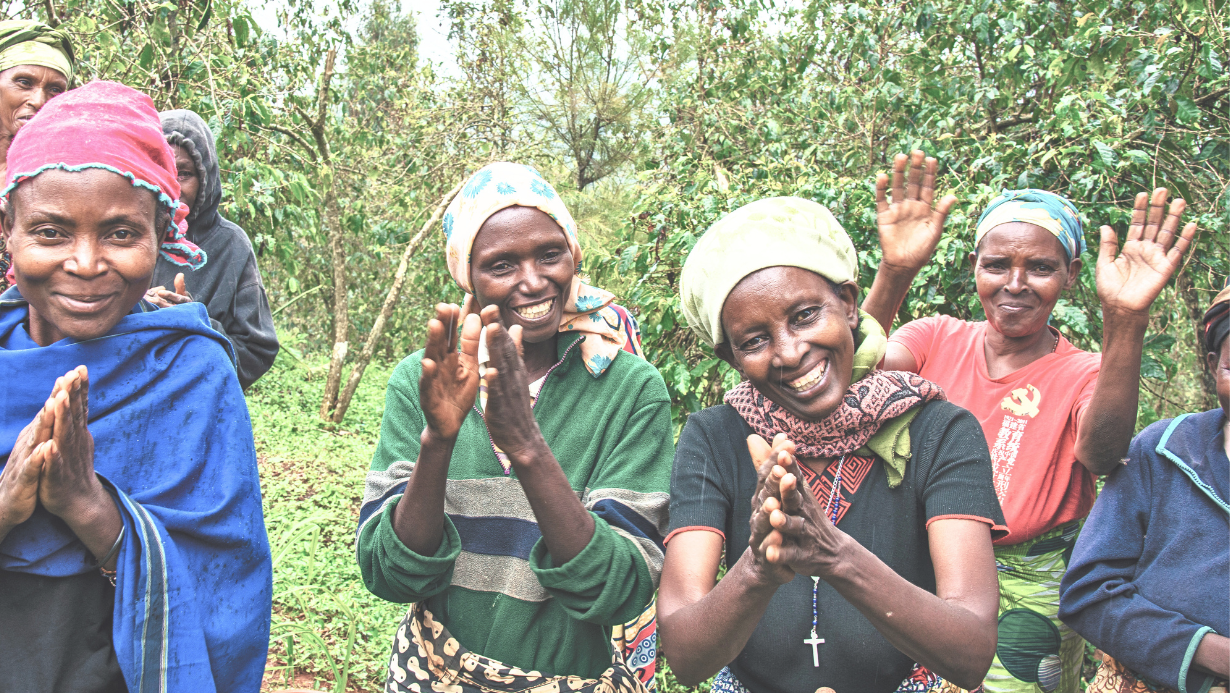Strengthening resilience during COVID-19: How housing finance helped low-income Filipinos through crisis

by Jitendra Balani and Chrissy Martin Meier

“[With my loan, I] improved the security condition and ventilation of my house because of using the loan to fix, also this allowed me to provide my primary needs daily. Overall, I have less worries now.”-Housing microfinance client from Luzon, the Philippines
Context: Housing is critical to economic stability, health, and recovery
The demand for adequate housing is significant amongst low-income households who work in the informal economy. In addition to meeting the fundamental need for safety and security, access to adequate housing unlocks various socio-economic outcomes for families that further contribute to their overall well-being. In this way, financial investments in the housing sector can improve community health and support long-term economic growth and social stability.
While housing has always played a critical role in economic stability, this role has become even more clear during the COVID-19 pandemic. Low-income households, already dealing with inadequate housing conditions, have seen their livelihoods impacted significantly by lockdowns and other restrictions put in place to mitigate the corona virus’ spread. Evidence shows that communities with poor housing and overcrowded conditions have experienced worse outcomes with regard to COVID-19 transmission and deaths (see also: Sampaio 2020), which only exacerbates the financial strain they face due missed work and medical bills.
By comparison, families with the means to invest have been able to improve their living conditions through this challenging period, while those with home-based businesses have been able to continue to earn an income. Financial institutions who serve low-income clients have an important role to play in bridging the widening gap in housing outcomes by financing investments in home improvements. These improvements can improve sanitary and living conditions and, in some cases, make room for home-based businesses.
To better understand the role that financial institutions can play in helping clients through the pandemic, the Terwilliger Center for Innovation in Shelter, a unit of Habitat for Humanity International, commissioned a study in the Philippines in partnership with two microfinance institutions to understand how access to adequate housing – through housing micro-loans – may facilitate economic recovery. This lean data study was conducted by 60 Decibels, an impact and customer-experience measurement firm, which surveyed nearly 300 low-income households in the Philippines from June to July 2020. To validate the impact of home improvements, the study sample was split equally between housing loans and regular microfinance loans.
Findings: Housing finance helped low-income Filipinos improve homes and diversify income
The study confirmed that access to credit helped families in the Philippines to (1) improve their overall housing conditions to maintain or improve quality of life, and (2) maintain or improve their economic conditions by enabling investment in new or existing home-based businesses. Of the housing microfinance clients, 75% percent of respondents said their life had improved since they received the loan. These numbers are particularly significant, given that the microfinance institutions (MFIs) worked specifically with low-income households mostly from the informal sector, that were significantly impacted by COVID restrictions at the time. If not for the MFIs’ services, most respondents would not have had access to finance solutions because of their exclusion from the mainstream economic sector.
Emphasizing the connection between the home and economic stability, 18 percent of all clients surveyed (including both housing microfinance and regular microfinance loans) were able to start a new home-based business during the initial months of the pandemic. These businesses ranged from retail stores to animal husbandry to online food sales and provided an option to earn income while adhering to social distancing guidelines. Notably, since the pandemic started, those with home-based income (HBI) were more likely to have improved their home (Figure 1).
Figure 1: Since the start of the pandemic, clients with HBI were more likely to have invested in home improvements

Regardless of their loan type, all clients were financially affected by the pandemic. Among those who had improved their homes and started earning home-based income, 8 percent reported to be in a better financial situation since the start of the pandemic. By comparison, only 4 percent of those who took income generation loans and started earning home-based income, said their finances had improved (Figure 2). This suggests that improving their homes helped clients gain access to a new income source, which helped mitigate – to a certain extent, the damage from the pandemic.
Figure 2: Clients that improved their home and starting earning home-based income were less likely to report worsened financial situation since the start of the pandemic

Furthermore, clients that improved their home and started earning home-based were more likely to report quality of life improvements (Figure 3).
Figure 3: Quality of life improvements were higher for clients that improved their home and started earning a home-based income

The findings also support a connection between housing quality and the ability to use one’s home to maintain quality of life, while navigating economic shocks, by pivoting to home-based enterprises. Clients that that improved their home and started earning home-based income were 20 percent more likely (88 percent versus an average in the Philippines of 68 percent) to report their housing condition as “very good” or “good.”
Conclusion: We must build the evidence base around the intersections between housing, financial inclusion and resilience
Irrespective of how respondents perceived their housing conditions, a large majority (91 percent) had plans to improve their home in the future, including those who had already completed home improvements using previous loans. This on-going demand among low-income households implies a significant market opportunity for financial institutions in the Philippines to provide loans targeted to support housing improvement and investments in home-based businesses.
This demand for housing microfinance, we hope, will be met by an increase in the supply of housing finance, as evidence grows of the linkage between adequate housing conditions, health outcomes, and the ability to use home-based businesses to withstand economic shocks. The Terwilliger Center acknowledges that more in-depth studies are required to establish a concrete link between adequate housing conditions and low-income households’ economic stability and we continue to build this evidence base through similar research in Egypt, India, and Indonesia.
Stay tuned for these findings, which will be relevant to any who are interested in the role that both housing and financial inclusion can play in helping countries and low-income households recover from the pandemic and economic shocks to come.
Acknowledgments
This learning series is initiated through the Habitat for Humanity International (HFHI) Association in Switzerland led by HFHI’s Terwilliger Center for Innovation in Shelter. The Terwilliger Center works with housing market actors to expand innovative and client-responsive services, products and financing so that households can improve their shelter more effectively and efficiently.
SCBF has played a catalytic role in enabling and supporting the Terwilliger Center’s impact over the past years. With the grant support from SCBF, the Terwilliger Center was able to support leading financial institutions from Sri Lanka, Cambodia, and Ecuador to develop or refine their client-centric affordable housing finance solutions.
This study in the Philippines was made possible through the generous support of the Hilti Foundation.




.png)
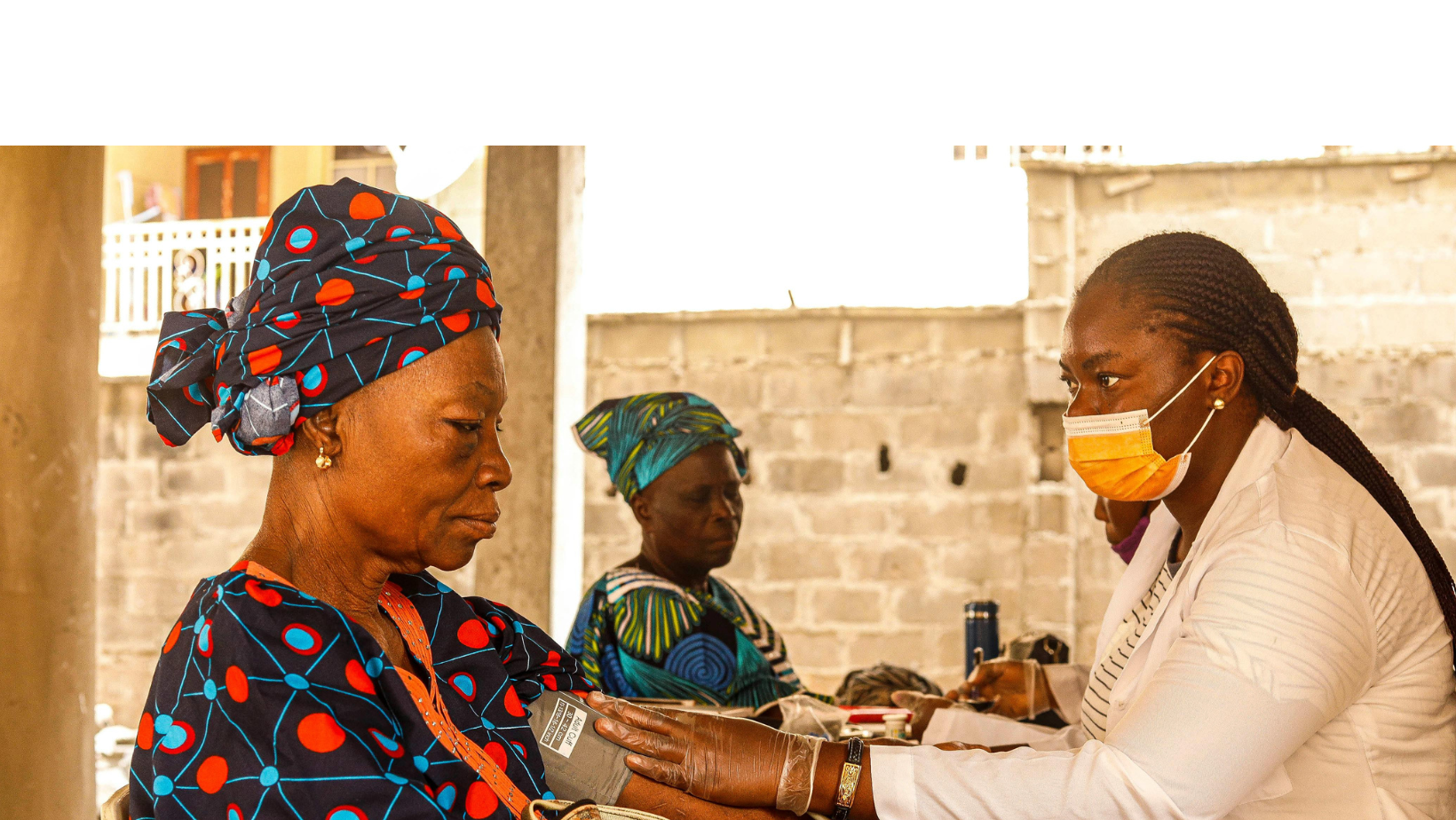
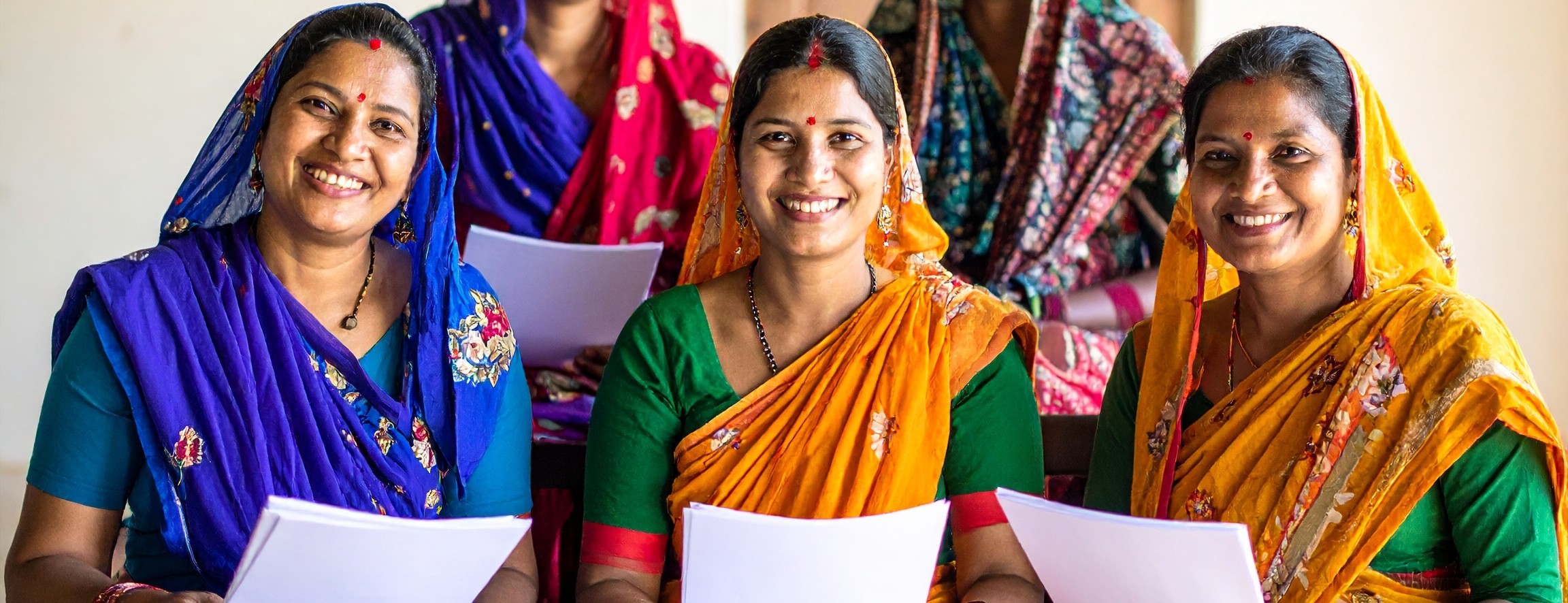








































.png)
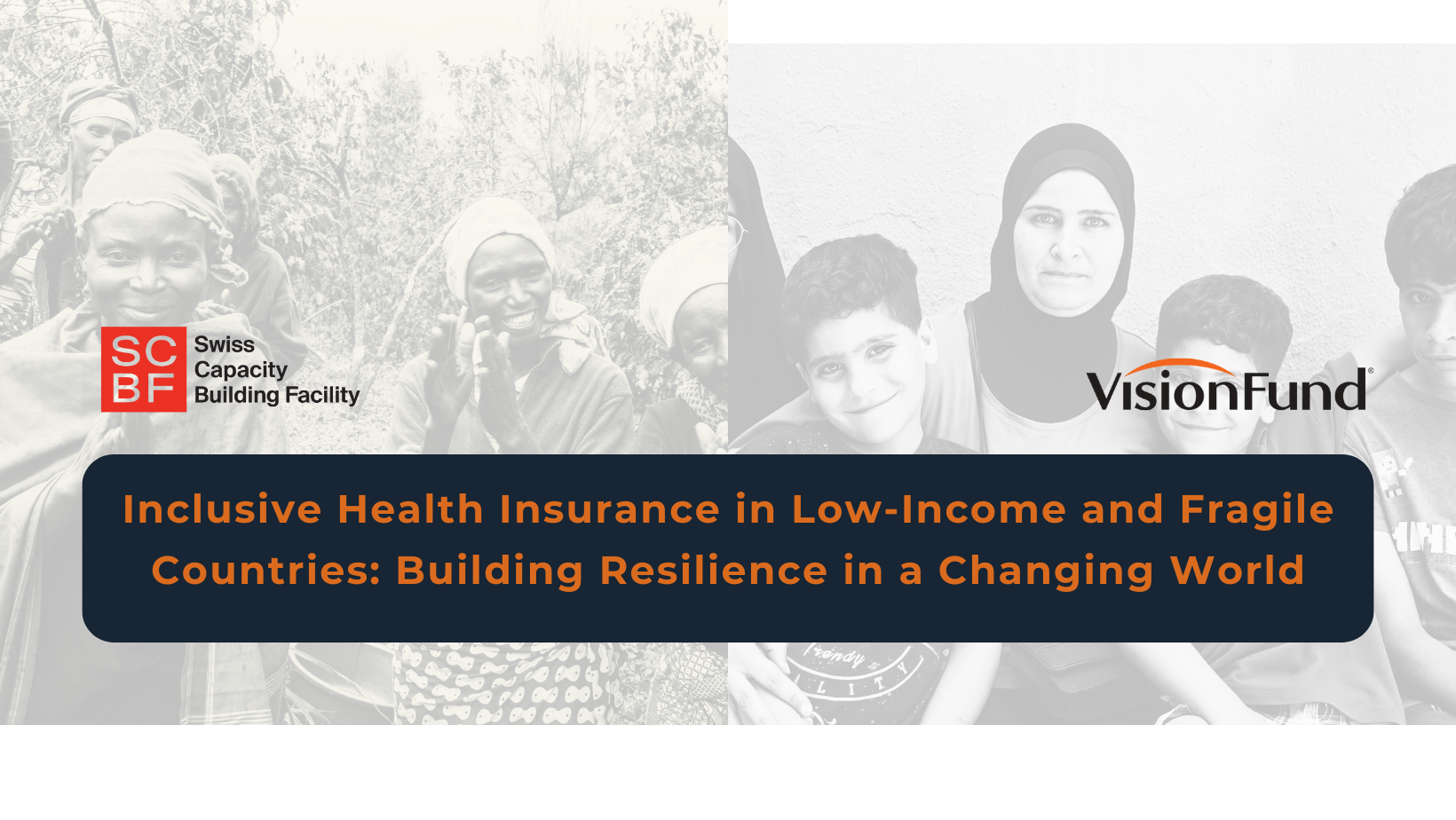









.png)








